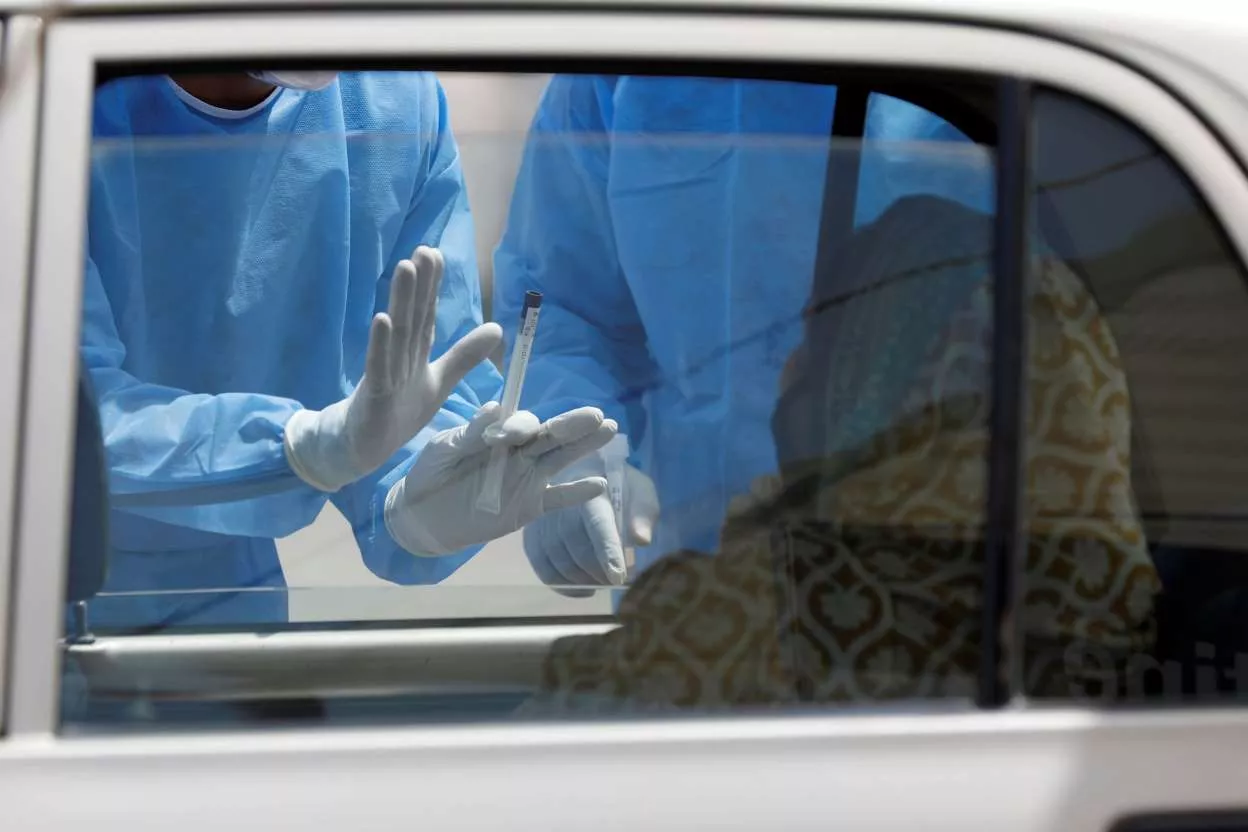'95% of Karachi’s Covid-19 patients asymptomatic'
Experts say this high ratio explains why Pakistan's health system did not face severe strain
The Aga Khan University's (AKU) researchers have discovered in a study that 95 per cent of those who had tested positive for Covid-19 through blood tests, which register the presence of antibodies to fight the disease, were asymptomatic.
The study saw AKU faculty investigate virus prevalence in parts of the city - which has reported the most cases in Pakistan to date - with high and low rates of transmission of the pandemic from April and June.
"The proportion of asymptomatic cases in Pakistan is much higher than the developed world," claimed the study. According to the researchers, since asymptomatic people - that is, those who reported no symptoms such as cough, fever or shortness of breath - did not seek treatment in hospitals, the country's health system did not come under the same strain as those in Spain and the United Kingdom.
The study confirmed that there was a sharp rise in people contracting the virus between April and June, from 0.2 per cent to 8.7 per cent in low community transmission areas such as Ibrahim Hyderi, and from 0.4 per cent to 15.1 per cent in high community transmission localities like Safoora Goth, Faisal Cantonment, Pehelwan Goth and Dalmia.
"The sharp increase in antibody levels in an area with the low reported cases indicates that the virus continues to spread unchecked in populations where testing rates are sub-optimal," explained Dr Imran Nisar, an assistant professor at AKU and co-investigator in the study.
Meanwhile, Dr Fyezah Jehan, also an AKU assistant professor and investigator in the study, elaborated that antibody testing provided a true picture of the situation as it showed asymptomatic cases, which represent silent carriers of the disease.
"Understanding how, when and in what types of settings Covid-19 spreads is critical to developing effective public health and infection prevention measures to break the chain of transmission," she added.
The results were in line with the federal government's national seroprevalence study, where antibody testing found that approximately 11 per cent of Pakistanis had contracted the disease.
Over 2,000 participants participated in the first two phases of the study. However, researchers are currently undertaking a third serosurvey and plan to do a fourth in September to show the impact of easing the lockdown around Eidul Azha and the impact of Muharram processions on the coronavirus transmission rate in communities.
Published in The Express Tribune, September 8th, 2020.


COMMENTS
Comments are moderated and generally will be posted if they are on-topic and not abusive.
For more information, please see our Comments FAQ